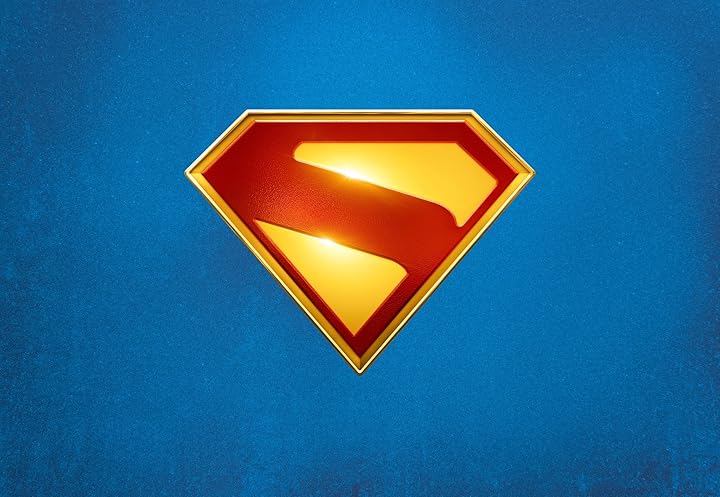Today would have been her seventy-third birthday. Twelve years now since cancer claimed her—twelve years of birthdays marked by absence rather than presence.
I sit outside the church, the priest’s sermon about vigilance carrying through the open doors—about being ready for the master who may come at any time—and I find myself wondering about the mathematics of grief. How we measure loss not just in what was taken, but in what was never given the chance to be.
She never held any of her grandchildren—never saw their first steps or heard their laughter echo through rooms she would never enter. I sometimes think about how she would have delighted in each of them, told them stories about when we were young, spoiled them with that particular tenderness grandmothers possess. It’s all enshrined in a life that never unfolded, a life I wander through only in my mind.
The distance grows in both directions: we drift from those we’ve lost just as surely as they fade from us.
In those first raw years, I dreamed of her often, as she was before the illness took hold—moving through familiar spaces, speaking in that voice I was desperate not to forget. But the dreams come less frequently now. The details erode: I have to work harder to recall the way she laughed, or the precise inflection she used when saying my name in exasperation.
Maybe this is the cruelest mathematics of time—how it heals by slowly erasing, how it grants us the grace of moving forward by making the past ever more muted. We don’t mean to let them fade. We simply cannot bear the full weight of their absence with the same intensity forever and still manage to live.
I wonder what she would think of who I’ve become. Would she recognize the adult I am now, shaped by a dozen years of decisions she never witnessed? Would she approve of the choices I’ve made?
Sometimes I wish I could slip sideways into that other life—the one where early detection meant everything, where treatments worked, where seventy-three candles illuminate a room filled with her voice and laughter. Where grandchildren climb into her lap.
But wishes are just another form of mathematics, and the numbers never add up the way we want them to.
Instead, I stay here with these memories, the sermon’s words carrying out to where I sit. I think again about the mathematics of grief—how the equation is never solved, only reckoned with over and over.
Love doesn’t require presence to endure. Only the willingness to keep adding to it, year after impossible year.



